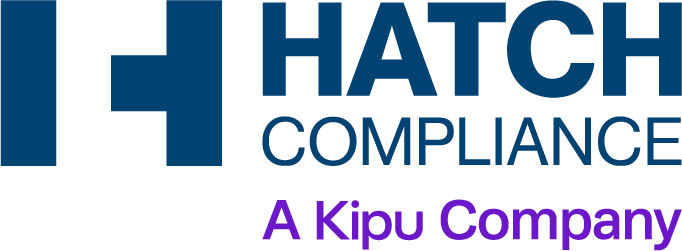With the increasing demand for mental health services, facilities must find ways to optimize their resources to improve efficiency and patient care.
Data analytics plays a crucial role in helping healthcare facilities make informed decisions. By analyzing data, administrators can identify trends, allocate resources more effectively, and improve patient outcomes. This data-driven approach is essential for enhancing the efficiency of healthcare operations. Many people think of compliance not being valuable for this, due to the way compliance data has historically been collected.
Effective data management requires strong leadership and a clear understanding of the facility’s goals. It also requires standardized information collection and auditing and review processes.
Administrators must use data to guide their decisions, ensuring that resources are used efficiently, and that patient care is prioritized. For best results, anyone responsible for collecting data needs to be informed and trained on standardized procedures and information managed in as few systems as possible.
As a best practice, both collection and aggregation of data should be automated. Manual collection of data leads to inaccuracies due to inconsistent collection and manual transfer of information.
Adhering to regulations and analyzing that data is another critical aspect of healthcare operations. Data analytics helps facilities monitor compliance with regulatory standards, ensuring that they meet all necessary requirements and avoid potential legal issues. This not only protects the facility but also ensures the safety and well-being of patients.
Some areas of regulatory compliance that can inform these decisions are:
- Patient Satisfaction Surveys
- Staff Satisfaction Surveys
- Incident Reporting
- Performance Improvement Plans
- Healthcare Equity Data
- Risk Assessments
- SWOT Analysis
In conclusion, compliance data can be a powerful tool for improving the operations and outcomes in behavioral health facilities. By leveraging data to make informed decisions, facilities can optimize resources, improve patient care, and ensure regulatory compliance.
Key Takeaways:
• Data analytics improves healthcare operations by guiding resource allocation and decision-making.
• Effective regulatory compliance should be monitored and maintained through data analysis.
• Compliance data analytics can support leadership in decision making that can improve care, reduce risk and add operational efficiency.
For further assistance, contact Hatch Compliance at www.HatchCompliance.com, Info@hatchcompliance.com, or (888) HATCH-30.













